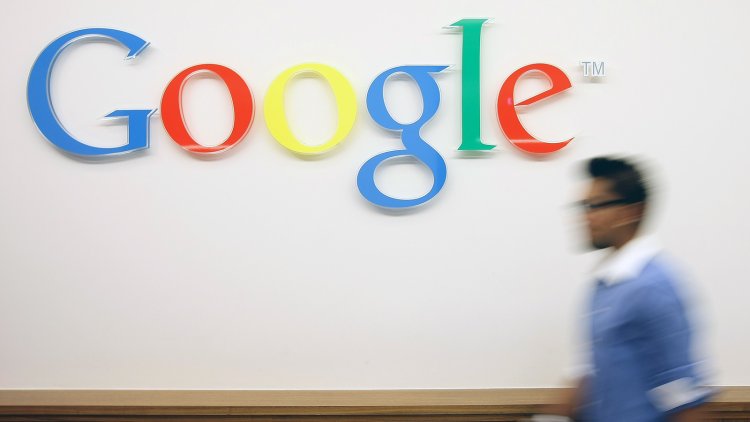UK Couple's 15-Year Battle Ends with Google Paying ₹21,790 Crore Fine
After a 15-year fight, Google faces a £2.4 billion fine for antitrust violations, marking a victory for UK entrepreneurs challenging big tech's market practices.

In a significant ruling by the European Court of Justice, Google has been ordered to pay £2.4 billion (approximately Rs 21,790 crore) after a 15-year battle over antitrust violations. The fine, initially imposed in 2017, arose from allegations by UK entrepreneurs Shivaun and Adam Raff, who accused Google of unfairly promoting its own shopping service over their price-comparison website, Foundem. The court’s decision to uphold the fine brings closure to a lengthy legal struggle, marking a win for small businesses challenging tech giants on anti-competitive practices.
The Raffs launched Foundem in 2006 as a comprehensive price-comparison platform. However, shortly after going live, they noticed their website’s visibility on Google plummeted for essential search terms like “price comparison” and “shopping.” Initial concerns over this decline led them to believe it was a technical error that could be resolved with Google’s assistance. But despite repeated appeals, the couple found no relief. Shivaun Raff commented, “We thought we just needed to escalate the issue to the right people at Google, and it would get sorted.” Unfortunately, Google declined to lift the penalty imposed on Foundem’s rankings.
Determined to seek justice, the Raffs took their grievances to the European Commission in 2010. After a thorough investigation, the Commission ruled in 2017 that Google had abused its market dominance, placing its shopping service ahead of competitors. The resulting £2.4 billion fine against Google was among the largest-ever EU penalties issued to a tech company for unfair competition.

However, Google quickly challenged the ruling, launching a series of appeals that extended the legal dispute by another seven years. Despite Google’s argument that it had implemented changes in 2017 to address the issue, the European Court of Justice recently upheld the penalty, reinforcing the original decision that Google’s practices had restricted fair competition.
Expressing their satisfaction with the ruling, Shivaun Raff reflected on the values that drove the couple to pursue justice for so long, saying, “We’ve always believed that standing up against unfairness is the right thing to do, even when facing giants like Google.”
Google, however, maintains that it has complied with EU directives. A Google spokesperson commented, “The adjustments we made in 2017 to meet the European Commission's Shopping decision have been effective, benefiting over 800 comparison shopping services and generating billions of clicks over the past seven years.”
This ruling is a landmark for the tech industry, as it demonstrates the potential for smaller companies to hold major corporations accountable for actions that may harm fair market competition. The case underscores the importance of vigilance against anti-competitive practices and reaffirms the European Union’s commitment to maintaining a balanced digital marketplace.

 Deepanjali
Deepanjali 










